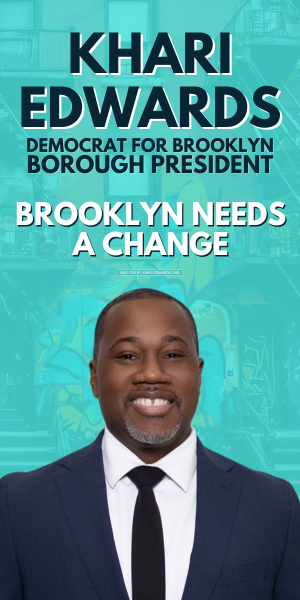European Commission President Ursula von der Leyen unveiled her proposed team of commissioners for her second term, emphasizing gender equality. Despite resistance from many European Union member states, von der Leyen successfully raised the proportion of women in top roles to 40%, with four women among the six vice presidents. Notable appointments include Finland’s Henna Virkkunen, overseeing the rule of law, and Romania’s Roxana Minzatu, leading social affairs. Von der Leyen stressed that although this is progress, there is still more work to achieve full gender parity.
Von der Leyen’s call for gender balance initially faced significant opposition from member states, many of whom only proposed male candidates. The first round of nominations yielded just 22% women, a number von der Leyen deemed “completely unacceptable.” After continued negotiations with national leaders, she was able to increase the representation of women to 40%, marking a significant improvement, but short of her goal of equal gender representation. “As much as we have achieved, there is still so much more work to do,” von der Leyen remarked.
In addition to gender representation, the Commission’s composition has drawn attention to its political diversity. The appointment of Raffaele Fitto, a member of Italy’s far-right Brothers of Italy party, to a key position as executive vice president has sparked criticism from various EU political groups. Greens lawmaker Rasmus Andresen called the choice “incomprehensible,” questioning whether an anti-European figure could effectively manage EU funds. Nonetheless, von der Leyen defended Fitto’s appointment, highlighting Italy’s role as a founding member and a major EU economy.
France also secured a powerful position within the Commission, with French Foreign Minister Stephane Sejourne taking on the industrial portfolio. This followed the resignation of Thierry Breton, France’s former internal market commissioner, who accused von der Leyen of sidelining him in exchange for political concessions with French President Emmanuel Macron.
The next step for von der Leyen’s proposed Commission team is the European Parliament, where each candidate must be vetted and approved. Several candidates, including Fitto, face potential opposition, and the makeup of the new Commission could see further changes before it takes office, expected by January 2025.










